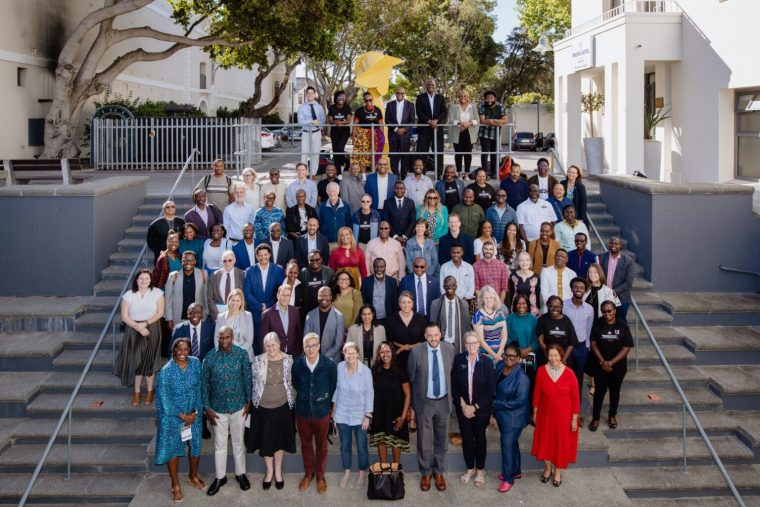The Health Entrepreneurship (HENT) Challenge’s first cohort is getting ready for their upcoming visit to Toronto, where they will continue their implementation phase through activities targeting business development, expanding entrepreneurial networks and facilitating exposure to potential investors.
In the meantime, the HENT Communications team caught up with the ventures from the first HENT Challenge cohort to learn more about the origins of their companies, what they’ve learned to date, and what is coming up next…
Through their work as medical radiographers, Innocent Menyo and his fellow co-founder Ggayi Noah Ronald had seen the plight of many patients with end-stage kidney disease, which resulted from unknown and uncontrolled hypertension. Knowing that the leading risk factor of cardiovascular disease and associated complications is high blood pressure, Innocent was inspired to develop iWell Bio Tracker, a wearable wristwatch that had the capabilities to remotely measure blood pressure of patients.
iWell Bio Tracker’s goal is to replace traditional means of measuring blood pressure, which often require patients to be physically present in a health facility, often having to wait in long queues before receiving a quick checkup. Their solution will allow patients to ongoingly monitor their blood pressure in their daily lives, simply through wearing a watch. Through generated reports, healthcare providers have access to robust and accurate data to provide patients the care and interventions they need to optimize their health.
What is the accomplishment to date that your team is most proud of?
Since iWell Bio Tracker’s launch, the venture is most proud of creating a functional Minimum Viable Product (MVP). Using this MVP, the team carried out a pre-pilot study at Kisugu Health Centre III in Kampala, Uganda in collaboration with technical experts from the hospital.
If you could give advice to another founder getting started, what would that be?
“Focus on having a prototype.”
Looking forward, the iWell Bio Tracker team is raising funds to carry-out a clinical trial on their devices. They are working to acquire a certificate of compliance and commercial license prior to launching their product into the market.
More News & Events
Skip scroller contentDignity, Data, and Disruption in Africa’s Health Systems: A Young Leader’s Reflection
John Nyagaka, a Mastercard Foundation Scholar and AHC Young Leaders Table Chair, reflects on his transformative experience at the 2025 Annual Convening.
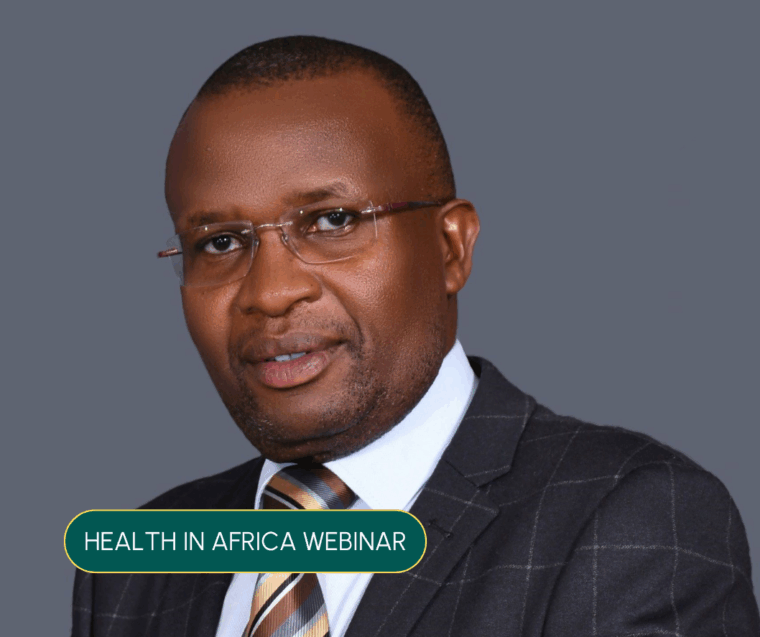
What Works: Improving Maternal and Newborn Health in Kenya and Ethiopia
Join this webinar to explore how community-led systems and digital innovations, in partnership with local leaders, are scaling sustainable healthcare impact and delivering life-saving care for mothers and their newborns.

Apply for the AIMS Master’s in Mathematical Epidemiology (MathEpi) Scholarship
Apply for the 2025 AIMS MathEpi Master’s program. Fully funded scholarships for African students in statistics and public health. Deadline: March 15.

Apply for KNUST’s CPD-Eligible Short Courses in Health Systems and Services Management
Applicants must meet the following requirements to qualify for the scholarship: Short Courses and Timelines 23rd – 27th February 2026: Emergency Preparedness and Response to Epidemic/Pandemic-Prone Diseases 10th – 14th February 2026: Community Emergency Care 24th – 27th February 2026: Palliative Care Module 1 23rd – 27th March 2026: Introduction to Healthcare Quality Improvement (IQI) […]
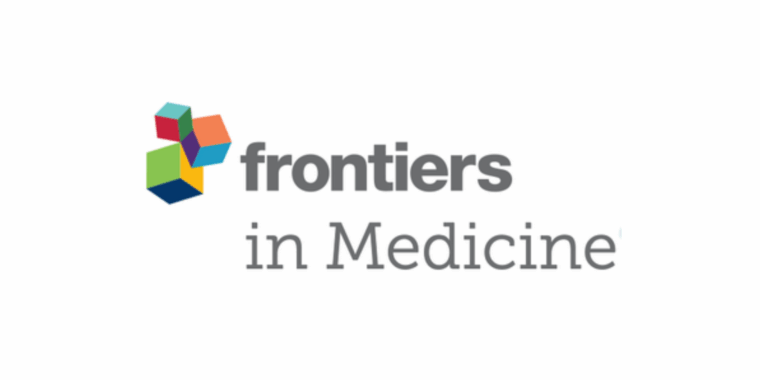
Call for Insights & Stories: Frontiers Opens Special Collection for AHC Partners
The Africa Health Collaborative (AHC) is pleased to share an exciting opportunity for all AHC institutional partners to share original research, reviews, case studies, policy briefs, perspectives, and reflective pieces in a new article collection titled “United in Partnership: Academic Collaborations for Primary Health Care Transformation” by Frontiers in Medicine. This special collection is being […]
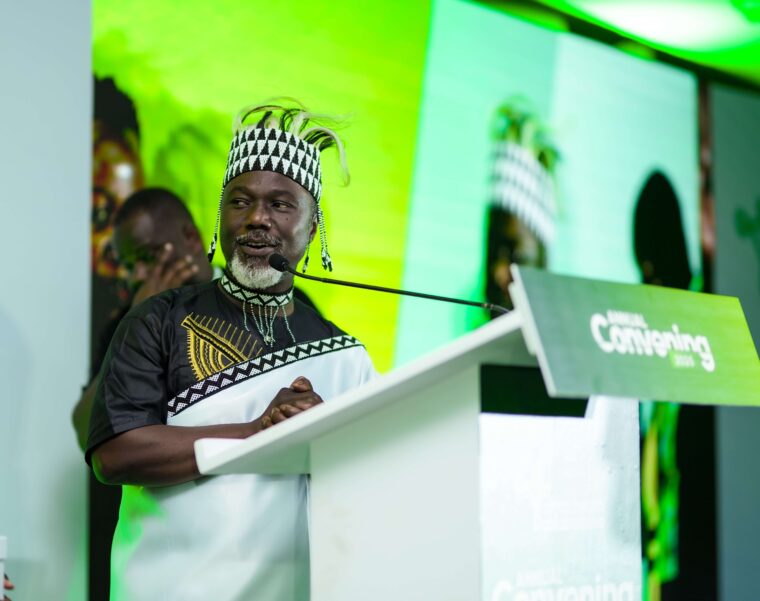
A New Chapter of Collaboration: AHC Welcomes Prof. Joachim Osur as Executive Steering Committee Chair
The Africa Health Collaborative (AHC) has announced Prof. Joachim Osur, Vice Chancellor of Amref International University, as the new Chair of the Executive Steering Committee (ESC). The symbolic handover took place during the closing ceremony of the 2025 AHC Convening in Rwanda, held in October 2025. This marks a significant leadership transition from Prof. Nhlanhla […]
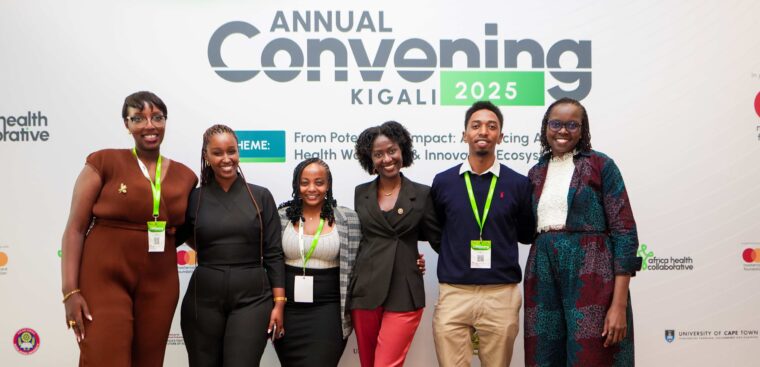
Africa Health Collaborative 2025: Driving Transformative Change in Primary Healthcare Future
Last October, over 170 policymakers, health experts, academics, and youth innovators from 14 countries came together for the Africa Health Collaborative’s (AHC) 2025 Annual Convening, hosted by the African Leadership University (ALU) in Kigali, Rwanda.

Engineering Dignity: Designing Low-Cost Prosthetics in the University of Cape Town’s MedTech Lab
Read about how Jemila Abdulai’s internship at UCT’s MedTech Lab strengthened her commitment to human-centered engineering, demonstrating how affordable innovations like the ADL Arm can expand access, restore dignity, and transform lives in underserved communities.

Graduate Scholarship Opportunities at the Kwame Nkrumah University of Science and Technology
Apply for graduate (MPh, MSc, MPhil, PhD) scholarships at the Kwame Nkrumah University of Science and Technology.
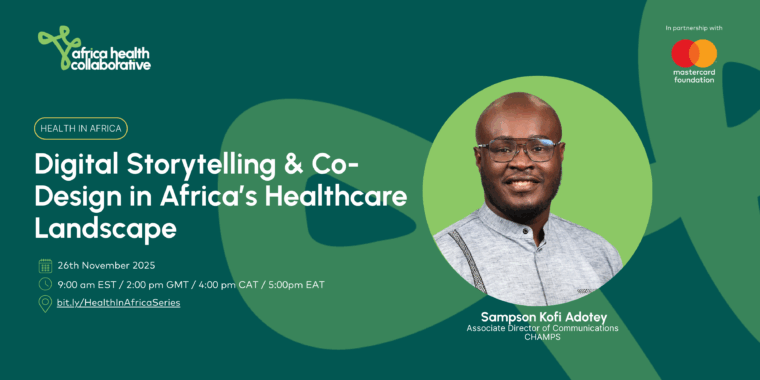
Digital Storytelling & Co-Design in Africa’s Healthcare Landscape
Join this webinar to explore how Digital Storytelling (DST) and Co-Design can transform health systems by centering the people who live the stories.
